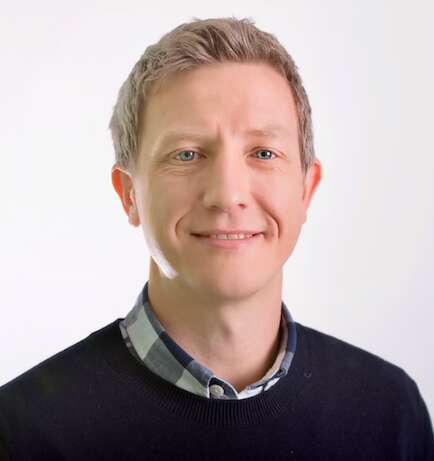The UNESCO Chair in Sustainable Energy Technologies (SET) is dedicated to advancing renewable energy solutions for global sustainability. Through collaboration, co-creation and innovation, low-cost, sustainable technologies that integrate into a circular economy are being developed and appropriately designed to empower communities.
The work of this Chair
One of the greatest challenges facing humanity is the generation of clean, affordable, and reliable renewable energy. This task is vital for sustainable development and addressing global challenges and opportunities.
Nowhere is this need more important than across the continent of Africa - an area blessed with abundant solar energy, natural wealth and a resourceful and innovative labor force. Yet, many countries contend with formidable issues of poverty, inequality, inadequate infrastructure, and inefficient waste management. Rapid urbanisation and population growth exacerbate these challenges, with more than 500 million people lacking access to electricity. Many more endure fuel poverty or suffer from inconsistent energy supplies.
Despite these pressing needs, existing renewable energy systems often fail to address the specific requirements of low and middle-income economies. This mismatch frequently results in system failures and the accumulation of hazardous electronic waste, with inadequate facilities for safe waste treatment. Achieving true sustainability demands a comprehensive approach that encompasses economic, logistical, educational, and circular economy considerations alongside technical advancements. These factors are as crucial as the technical challenges associated with energy generation, distribution, and storage.
This Chair aims to address these multifaceted challenges by integrating technical and engineering aspects of emerging energy technologies with broader considerations such as circular economy principles, social issues, and educational needs. Through a science-based approach, it seeks to foster local sustainable energy solutions within a collaborative and supportive network.
Picture this: local communities, equipped with the knowledge and tools to harness the sun’s energy, transforming waste into wealth, and building a brighter future through truly sustainable photovoltaioc technologies. Through hands-on workshops, training programs, and collaborative research projects, SET aims to empower individuals to become agents of change in their own communities.
SET will grow connections between academia, industry, policymakers, and local communities, united in our quest for sustainable development. Through collaborative efforts, this UNESCO Chair is forging innovative solutions that break down barriers and create positive change.
About the Chair Lead

Professor Matthew Davies is head of the Applied Photochemistry Group and part of the Senior Management Team at the SPECIFIC IKC, and he is a member of both the Materials Science and Engineering Department, and Chemical Engineering Department at Swansea University. He is President of the Royal Society of Chemistry Environment, Sustainability and Energy Community Council and an Honorary Professor at the University of KwaZulu-Natal in Durban, South Africa.
Professor Davies’ research is focused upon the photochemistry of materials that are useful for low-cost photovoltaic applications, with the goal of improving stability, sustainability, light harvesting efficiency and performance. This mainly focusses on perovskite photovoltaics, and he is particularly interested in the characterisation of re-manufactured devices and developing materials and processes to enable re-use and re-manufacture within a circular economy.
Professor Davies strongly believes that access to sustainable and renewable energy is a necessary precondition to achieving many of the Sustainable Development Goals, extending far beyond the energy sector and that renewable energy technologies that operate within a circular economy have the potential to maximise social, health, educational and environmental benefits.






